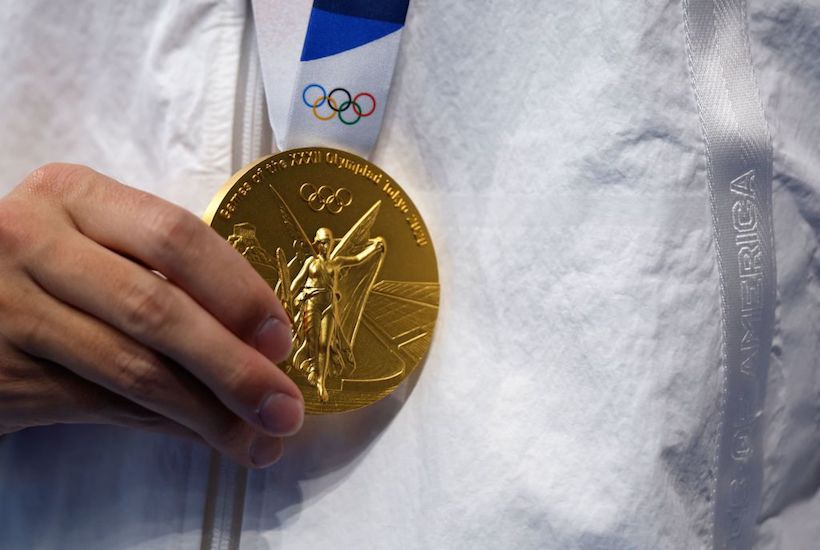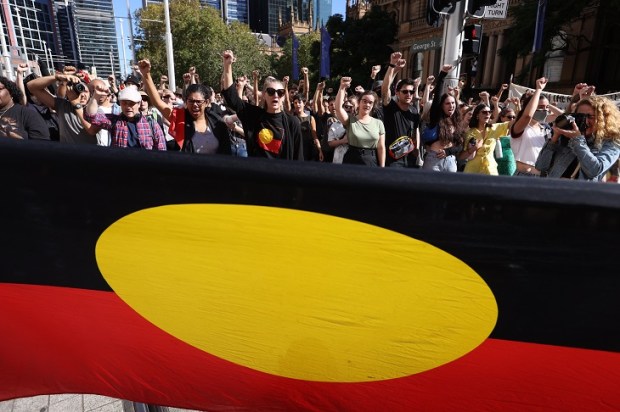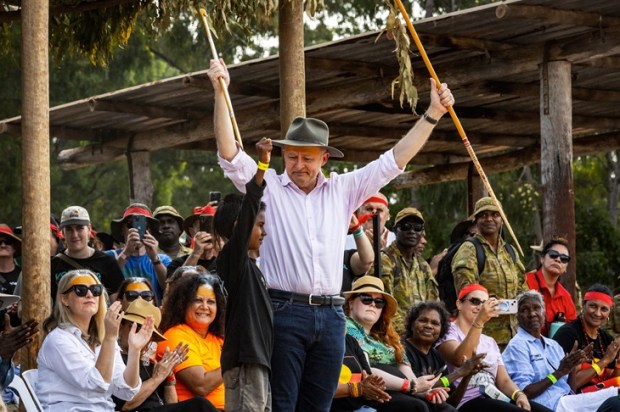One of the nation’s peak sporting bodies, the Australian Centre for Equity and Excellence in Sport, has issued a warning about the negative impact of competition and meritocracy after the widespread celebrations surrounding Australia’s medal performance in the recent Olympics.
Its report ‘The Best Way to Win’ argues headlines like ‘Golden Glow’, ‘Our Tokyo Gold Bling Club’ and ‘Golden Greats’ create the impression that coming first is the best way to measure success and that winners are always grinners.
Ranking countries in terms of their medal count and boasting that Australian sportspeople are ranked 6th with 46 medals also promotes a competitive mentality where top-performing countries receive the most praise and recognition.
Proven by the saturation coverage received by the Tokyo Olympics over the last 2 to 3 weeks on television, radio and the daily print and digital media the ACEES also argues more important world challenges and dangers like man-made global warming and sustainability are starved of oxygen
Drawing on Australia’s adoption of a 21st Century, new-age approach to education based on negotiated, collaborative assessment where all are winners the ACEES argues it’s time to adopt the same liberating and empowering approach to the Olympics.
Australia’s revised national curriculum developed by the Australian Curriculum Assessment and Reporting Authority is singled out as an example to follow. The new curriculum abolishes competition and grading based on year level standards on the basis nurturing self-esteem takes priority.
The ACEES also praises research undertaken by Geoff Masters at the Australian Council for Education Research (ACER) when arguing the Olympics must abolish its binary and exclusive approach to winning and losing. Masters proposes progression points based on a developmental continuum where all are celebrated based on personal growth.
The national sporting body further justifies a non-competitive approach to sport by referring to the Organisation for Economic Co-operation and Development report titled ‘Future of Education 2030’.
The report, endorsed by the United Nations, argues “students need to feel that they can help shape a world where well-being and sustainability – for themselves, for others, and for the planet – is achievable”.
Instead of the old approach, where the assumption is teachers know more than their pupils and students are assessed on their ability to master difficult and complex knowledge and skills, the OECD model advocates ‘Student Agency’, Well-being’ and ‘Transformative Competencies’.
Recommendation One of the ACEES report argues awarding gold, silver and bronze medals be abolished. The practice reinforces a binary and elitist worldview where the overwhelming number of sportspeople are denied success. As a result, many feel depressed, undervalued and stigmatised.
Recommendation Two replaces medals with a personal growth model where, instead of individuals being ranked one against the other or a defined criteria, they are judged against their previous best personal performance. A participant who comes last under the old system could be eligible for a ‘Most Improved Certificate’.
Recommendation Three proposes when judging what constitutes personal best the judges (renamed facilitators) give weight to an active participant’s disadvantage index (DI). Participants from ‘Developing Countries’, those identifying as LGBTIQ+ and those socially and economically deprived receive bonus points.
Recommendation Four argues in order to achieve ‘equality of outcomes’ and to promote greater equity and social justice each participant be given a handicap based on their gender, ethnicity, class and degree of victimhood. White, male, heteronormative participants from advanced capitalist countries should be weighted negatively.
Recommendation Five acknowledges we now live in a global, interconnected digital age where how people work, interact and entertain themselves has been revolutionised. As a result, there is no need for the Olympics to be held physically in nominated cities across the globe. An added bonus of a virtual Olympics is that the event’s carbon footprint would be dramatically reduced.
Dr Kevin Donnelly is a senior research fellow at the Australian Catholic University. His latest anthology, Cancel Culture and the Left’s Long March, is available on his website.

























